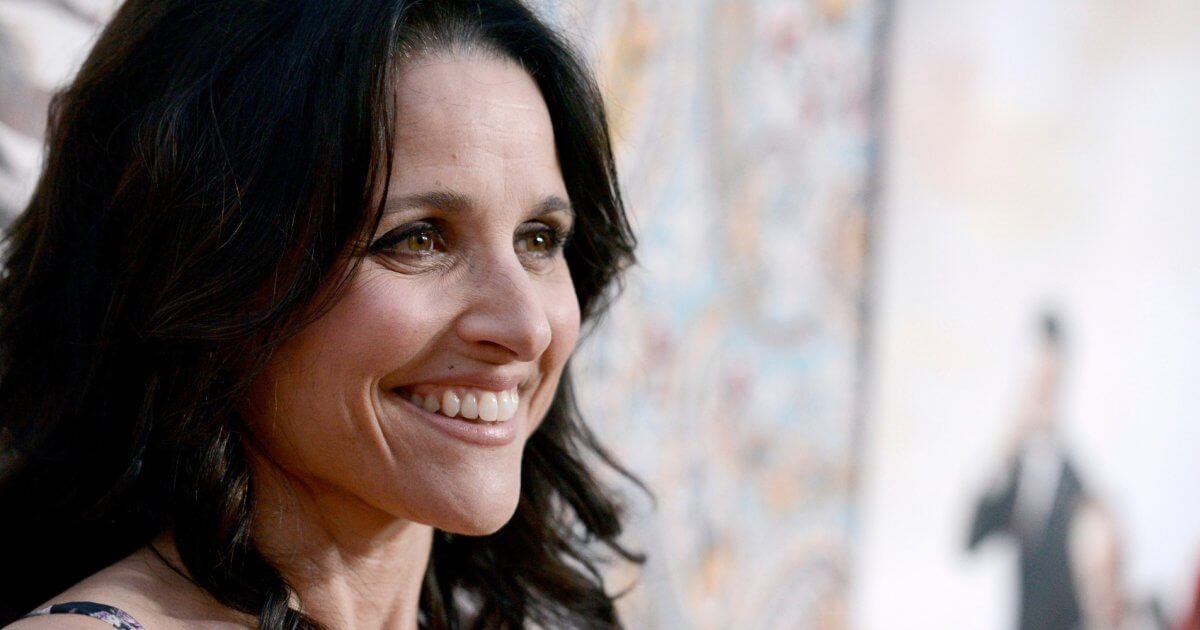Support for Julia Louis-Dreyfus During Breast Cancer
- Julia Louis-Dreyfus was diagnosed with breast cancer in 2017, and underwent a double mastectomy for treatment
- Once revealing her diagnosis, Dreyfus received a huge amount of support from her family and celebrity friends
- While appearing at the Democratic National Convention, Dreyfus says Joe Biden called her personally after hearing about her diagnosis
Dreyfus was diagnosed with breast cancer in September 2017, and underwent a double mastectomy for treatment as well as rounds of chemotherapy. Once sharing her diagnosis, celebrities from across the board took to social media to let the Veep actress she was in their thoughts, and wished her a speedy recovery. While appearing at the 2020 Democratic National Convention, Dreyfus recalled the moment where Joe Biden called her in regards to her diagnosis, and like the other support she received, it meant so much to her.
Read MoreI am heartbroken today to hear about @OfficialJLD but I know that if anyone is strong enough to fight this & beat it, it's her. We love you.
— Josh Gad (@joshgad) September 28, 2017
J sending all my healing energy your way. You are incredible to use this moment as an opportunity to support others. Thank you. Much love xd https://t.co/okgfVDUeAW
— Debra MessingâœðŸ» (@DebraMessing) September 28, 2017
Cancer is no match for you. Stomp it good. xox
— Michael McKean (@MJMcKean) September 28, 2017
Support Helps Cancer Patients Get Through Treatment
A cancer diagnosis can really make you appreciate the little things, such as a support system. Unfortunately, a support system is sometimes hard to come by, as survivors have said they noticed their friends stopped talking to them after their diagnosis.
Related: 'Cancer Ghosting' Is Real Many Survivors Say Friends Suddenly Disappear After a Diagnosis
However, there are a few ways cancer patients can find support, whether it’s through family and friends or an official support group with people going through the same experience. Survivors have said talking through their emotions with support groups have really helped the cope with difficult treatment, but for breast cancer survivor Bethany Kandel, she turned to other outlets.
“I went to a support group, because I thought it was when I was supposed to do,” Bethany tells SurvivorNet. “I thought it might be helpful, and it was a room of lovely women, but each one had like a worse story than I did. All these complications and horrible scary things, and I actually had to leave the room because I felt a little nauseous.”
Since the support group didn’t work out, Bethany explored other ways to help her handle the diagnosis. Through one of the programs at her hospital, she met other women through dance lessons, makeup tutorials, and cooking classes which not only helped them bond, but they had fun doing it.
Learn more about SurvivorNet's rigorous medical review process.

